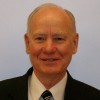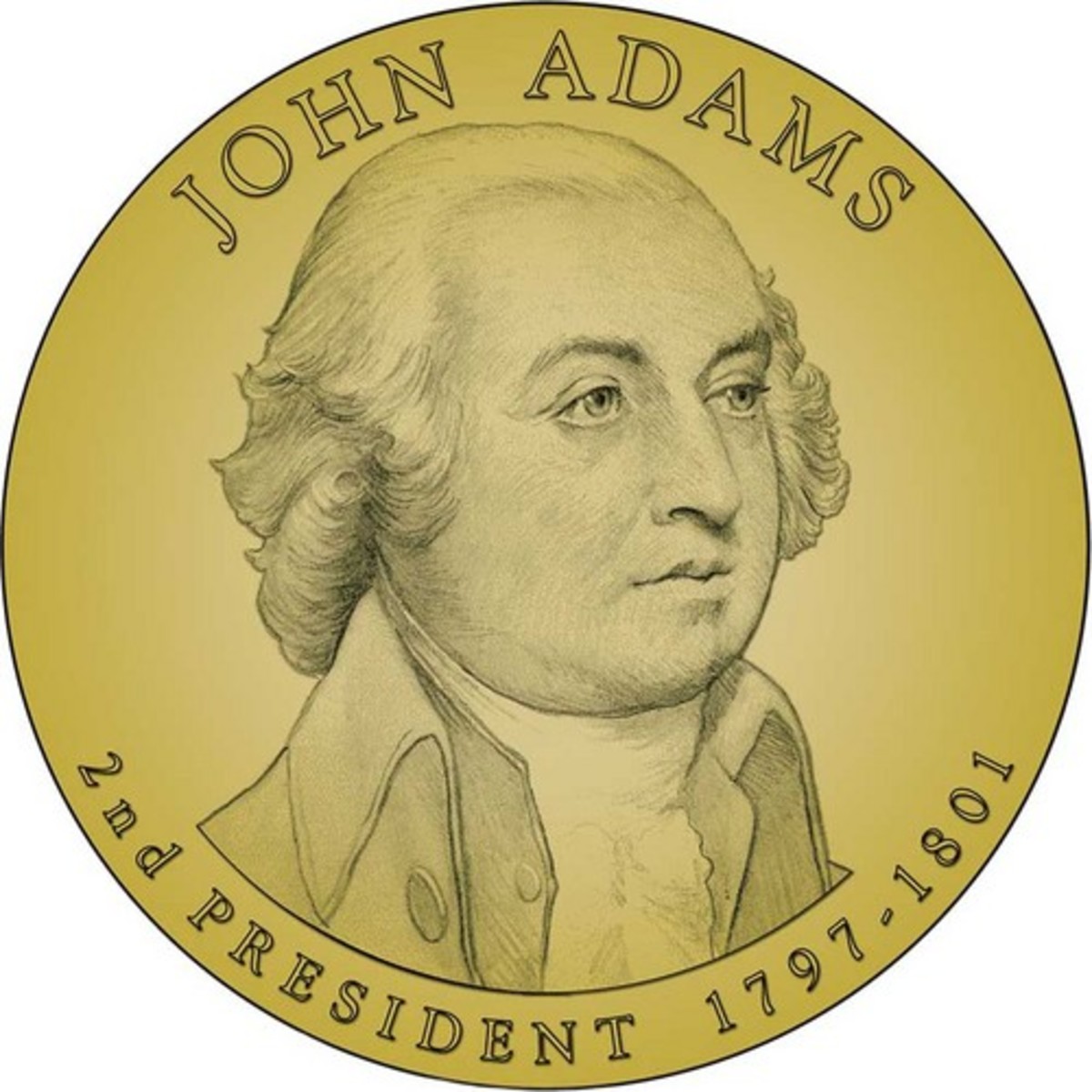Personal Creation and World Citizenship, 1st of 10-session intro course, Invitation to Participate in World Creation
Background, Registration, Syllabus with Outline, Mission Statement
A. Project background and purpose
1. This ten-session course introduces in broad outline the heart, the philosophy, of all the work of The Max Havlick School, by presenting materials first developed by Max in the shelter of his staff positions at Harvard University in 1972-75.
2. The relatively new concepts of universal personal creation and world citizenship are not unknown to the educated elites of the world and their established institutions -- academic, religious, political, or otherwise -- but we must understand that mature organizations already have full agendas with fiercely dedicated members and sometimes traditional roots difficult to bring up to date.
3. Vast numbers of non-elites all over the world, meanwhile, still await a clear, compelling statement of the creative potential they share with all others, yet even now more realizable to them than ever before through available processes of continuing education in their own homes and neighborhoods.
4. One tiny voice like ours, of course, can hardly hope to make more than a tiny dent in the thinking of the world-at-large, but we find that no excuse for not stating the case as we see it.
5. Though rooted in the personal life of one individual who studied widely for many years to develop this project ("Background Works" published separately), we do not present its ideas as mere personal experience, but as proto-science, an attempt to make accurate statements about human behavior in general, referring to all people everywhere irrespective of faith, philosophy, or culture.
6. As with any other attempt at factual statements, therefore, we urge competent people to judge them true or false on the basis of empirical evidence and/or rigorous logical analysis.
B. Free, but with a registration track for certification
7. Via the free Internet platform HubPages, we publish this course material free of charge for anyone in the world (supported proportionately by how many times a reader consults it, which in turn generates the amount of advertising revenue we receive).
8. But we also offer a Registration track with graded tuition for adult students who want an appropriate level of graded feedback and an official certificate of completion.
9. When you register, you enter our permanent school records and begin receiving grades with comment on your exercises, papers, and final exam.
10. When you complete all course requirements (in a reasonable amount of time) with an average grade of C or above, you will receive a Certificate of Completion and certification letters for your employers, potential employers, or schools of choice.
11. No one can guarantee success, of course, but we want every one of our students to do well, move forward, and achieve worthy goals in life.
12. Though not yet a college, much less accredited, the Max Havlick School prepares prepares now for that future day by establishing college-level standards for credit in our courses.
13. The real beneficiary in this approach, however, is you, the student, because we do not mislead you with popular "short-cuts," but give to anyone willing to take up the challenge t taste of direct experience with proven, almost universal components of American college-level education in the humanities and social sciences.
14. We also have a Residence Option for anyone wishing to move nearer to us in the Chicago West suburbs and thus receive personalized instruction with access to our other courses and many other resources.
15. Registration requires a transcript of your previous college or high school work, a resume of your current and previous employment, and payment of tuition by snail mail, PayPal, or in person.
C. Course Syllabus (for credit and certificate)
16. The course has ten weekly class sessions, plus two weeks for papers and final exam; with grading and feedback as appropriate for each individual student based on previous level of education and experience.
17. Required for each class (for credit students, average 4 hrs/week = 40 hours)
a. Read and learn the material.
b. Do the exercises, e-mail to school.
c. Answer weekly test question, e-mail to school.
18. Required outside class(for credit students, average 8 hrs/week = 80 hours)
d. Book report or critical review of book from Reading List, or substantial, relevant book of your choice if approved by instructor. Size 3-5 pages, or 800-1,400 words. Due at least three weeks before taking the final exam. [4 hours/week x 5 weeks = 20 hours]
e. Term paper, our list topic, or your topic if approved by instructor. Outline or rough draft, due at least three weeks before taking the final exam. Final paper will be 6-10 pages, or 1,600-2,800 words, due before taking the final exam. [5 hours/week x 10 = 50 hours]
f. Final Exam, due week 12 [study 8 hours, exam 2 hrs = 10 hours].
19. Total time required for credit students, 40 hours inside class, 80 hours outside class = 120 hours.
20. Course Tuition, required of credit students only, covers guided learning of about 120 interactive hours, with weekly written feedback from a trained instructor; roughly equivalent to a typical 4-quarter-hour, or 3-semester-hour undergraduate American college course in the humanities or social sciences.
21. Tuition amount negotiable to each individual situation; we primarily seek serious students, not serious money. As with all education, the real question is, "What is it worth to you?"
22. Course Outline
Session 1. Background, Registration for Credit, Syllabus, Outline, Mission Statement (First published on Internet, October 22, 2012)
Session 2. Each Person's Life as a Work of Art (October 29, 2012)
Session 3. The Human Hunger for Philosophy and Science (November 5, 2012)
Session 4. Local Groups, World-Class Groups, and Humanity as Everyone's Group (November 12)
Session 5. Dual Participation the Key to Full Participation (November 19)
Session 6. How Do You Get World Citizenship and the Power of Personal Creation? (November 26)
Session 7. Creation through Participation in Personal Thinking, Studying, and Expressing Yourself (December 3)
Session 8. Creation through Participation in Continuing Adult Education and Community Service (December 10)
Session 9. Creation through Participation in a Critique of Unnecessary Realism (December 17)
Session 10. The Creation of the World as the Destiny of a Generation (December 24, 2012)
23. The material for this introductory course comes from manuscript chapter 1 of the first volume ("Context and Implications") in an unpublished 12-volume series entitled "Creation of the World: A Philosophy of Personal Creation and World Citizenship as a Means of Participation by All People in the Dawning New World Civilization." Session 9 gives more detailed information about the overall project. Mr. Havlick first presented these ideas publicly on October 1, 1974 during his lecture in the new Science Center at Harvard University, Cambridge, Massachusetts.
D. Mission statement
24. The Max Havlick School seeks to provide educational programs that will work anywhere in the world for anyone who can read and write basic English and is willing to use a dictionary.
25. We are not yet an accredited school, however, so we do not seek to replace high school or college course work. Anyone able to attend a formal, well established school should do so -- now!
26. We do not target the well-to-do or the already well-connected, because they either know, should know, or can easily learn, most of the basic things we teach.
27. We seek instead to serve everyday adults who work, or want to work, and want a better life for themselves, their families, and their neighborhoods; adults unable to "go back to school," but who still want a low-cost way to pursue serious learning locally while connected into a world of accelerating change.
_______________________________________________________________
Copyright (c) 2012 by The Max Havlick School, 16 W. Vermont St., Villa Park, IL 60181-1938, all rights reserved. To register for this course, or email us for any reason, you may go to our Profile Page on HubPages, then click on "Fan Mail," then click "Send Max Havlick an email." We hold all correspondence and contact information in the strictest confidence, and we will never give your email address to anyone else.
Thank you for your support of this educational program.








